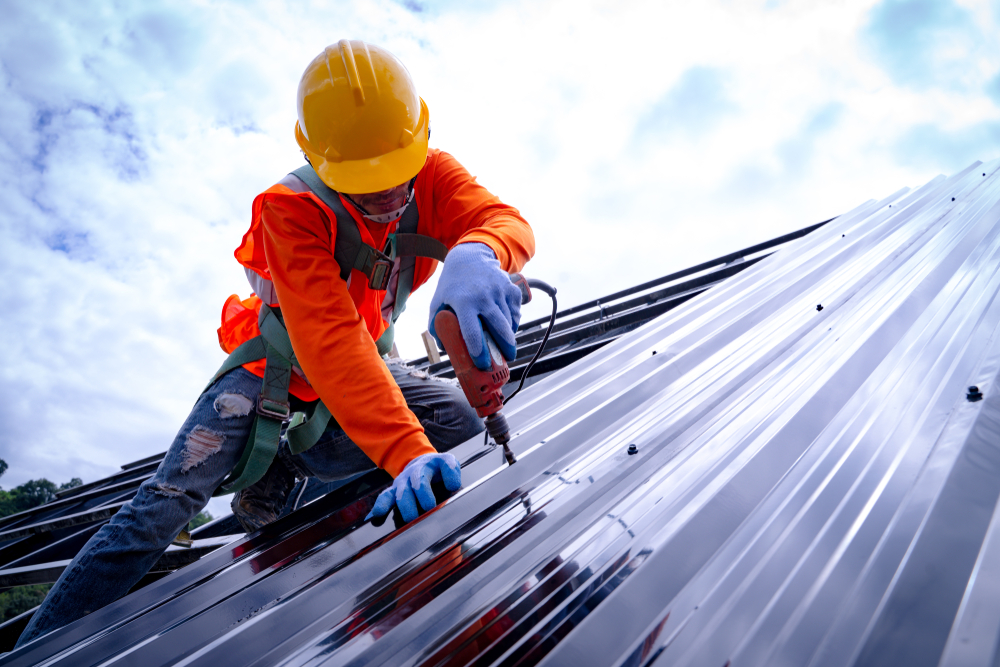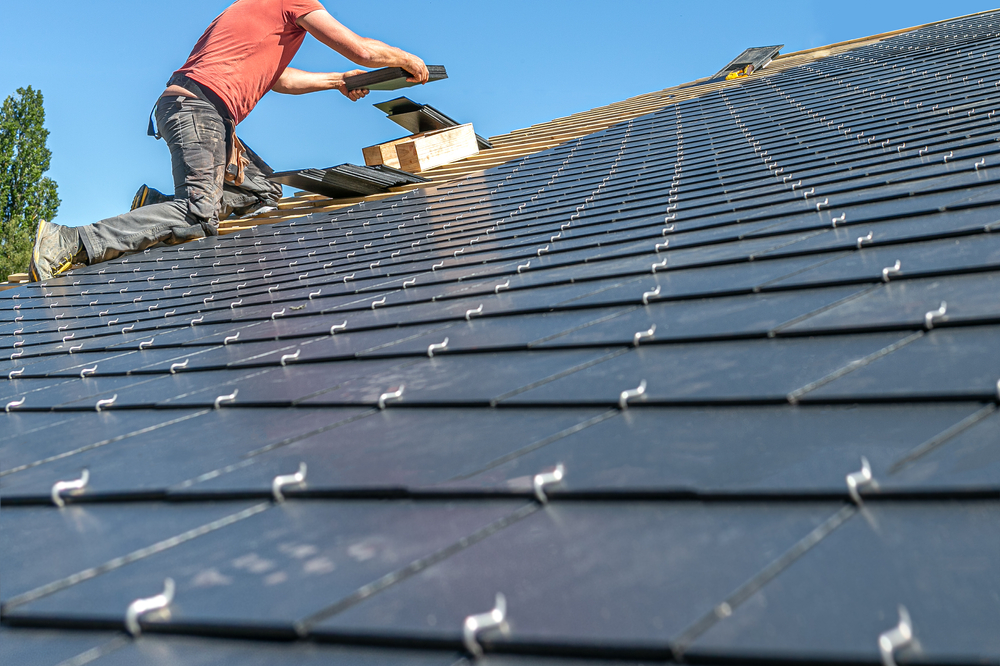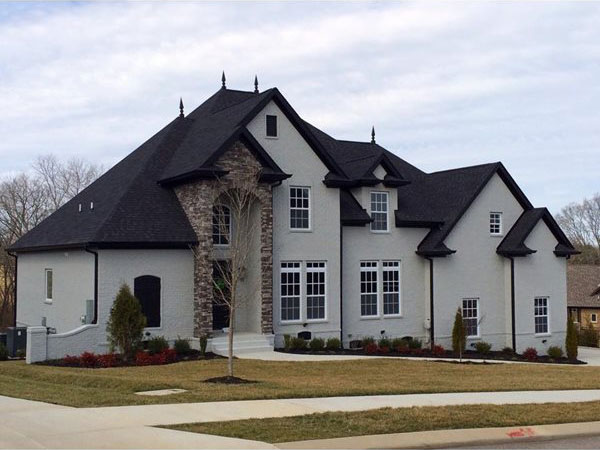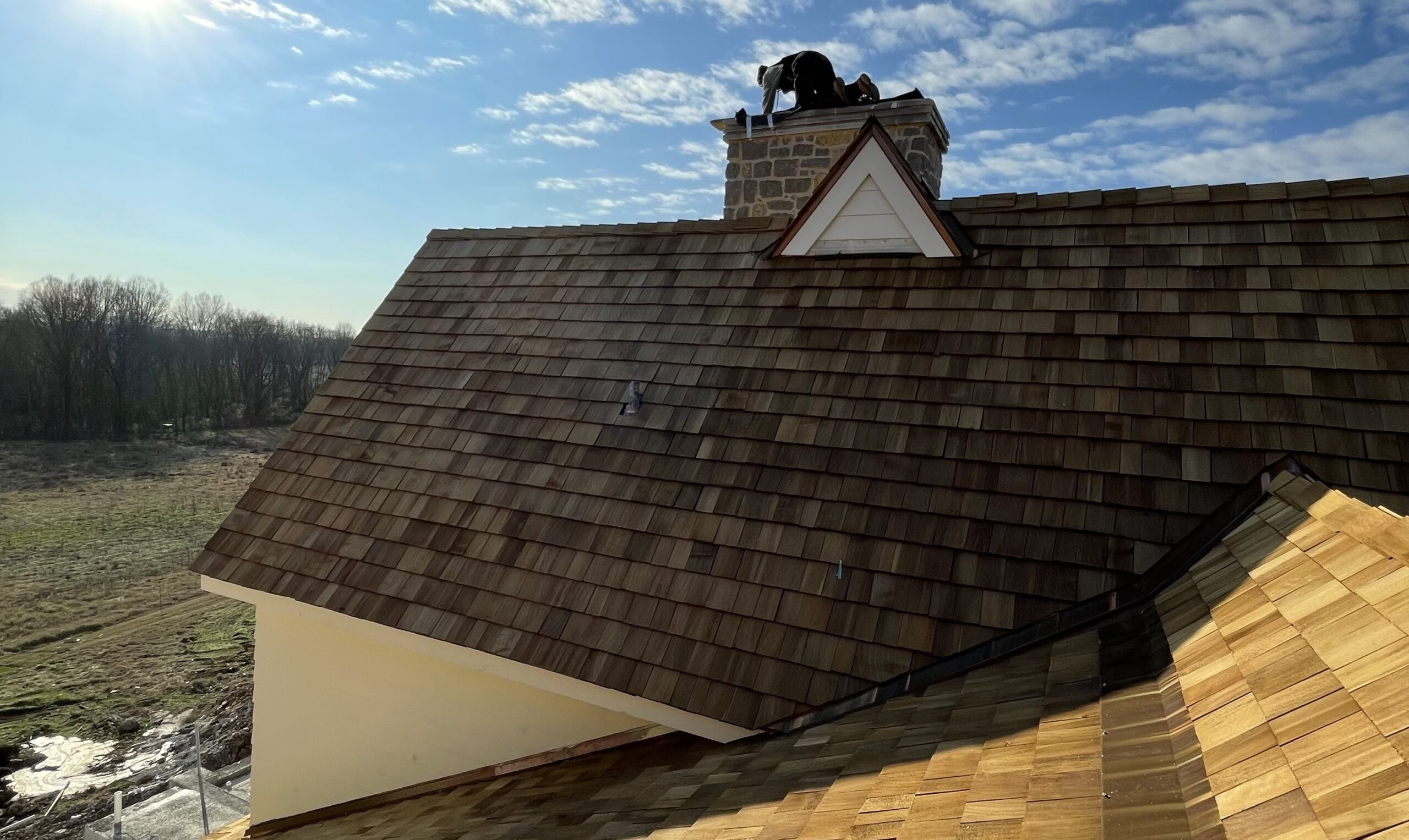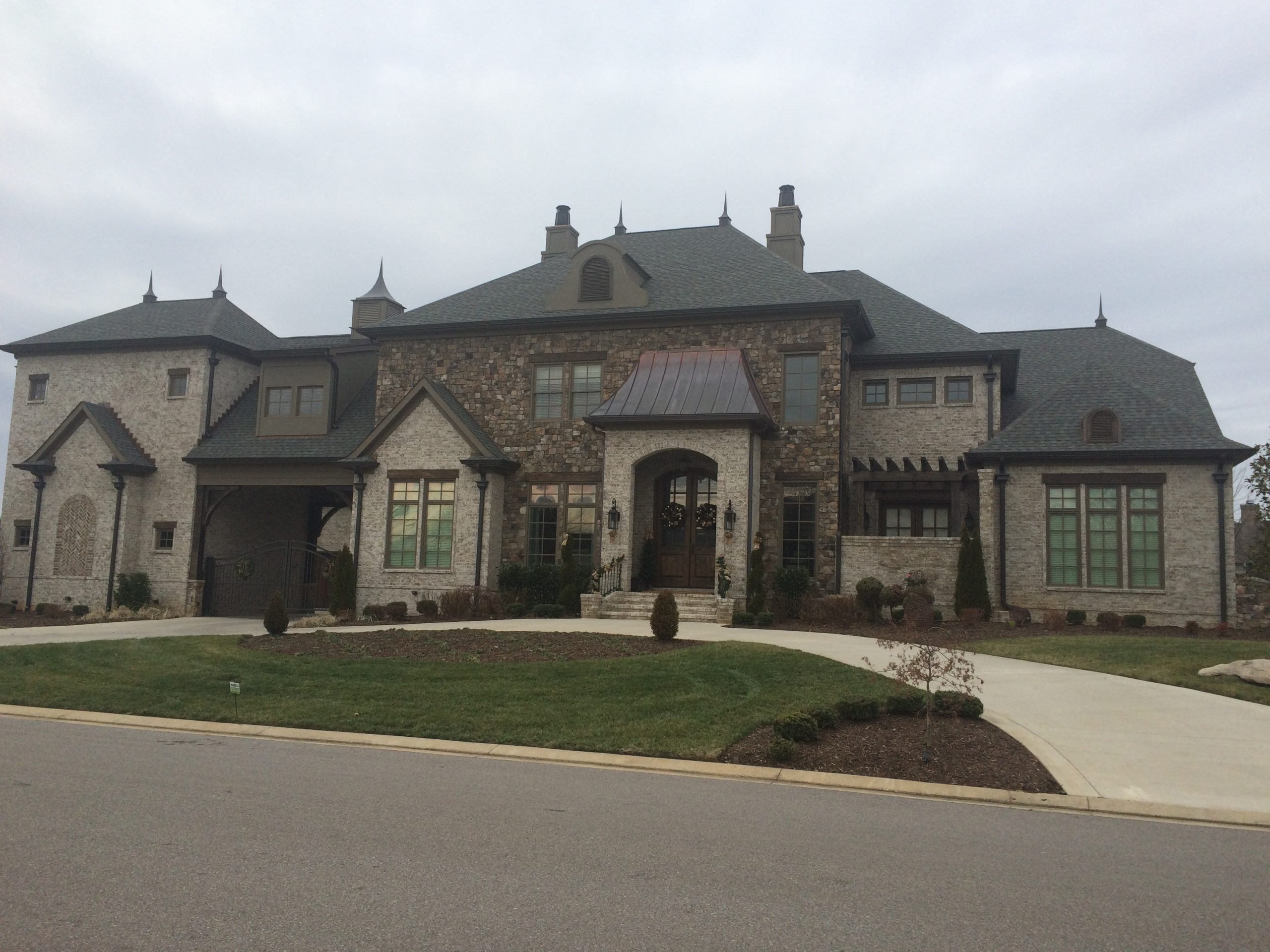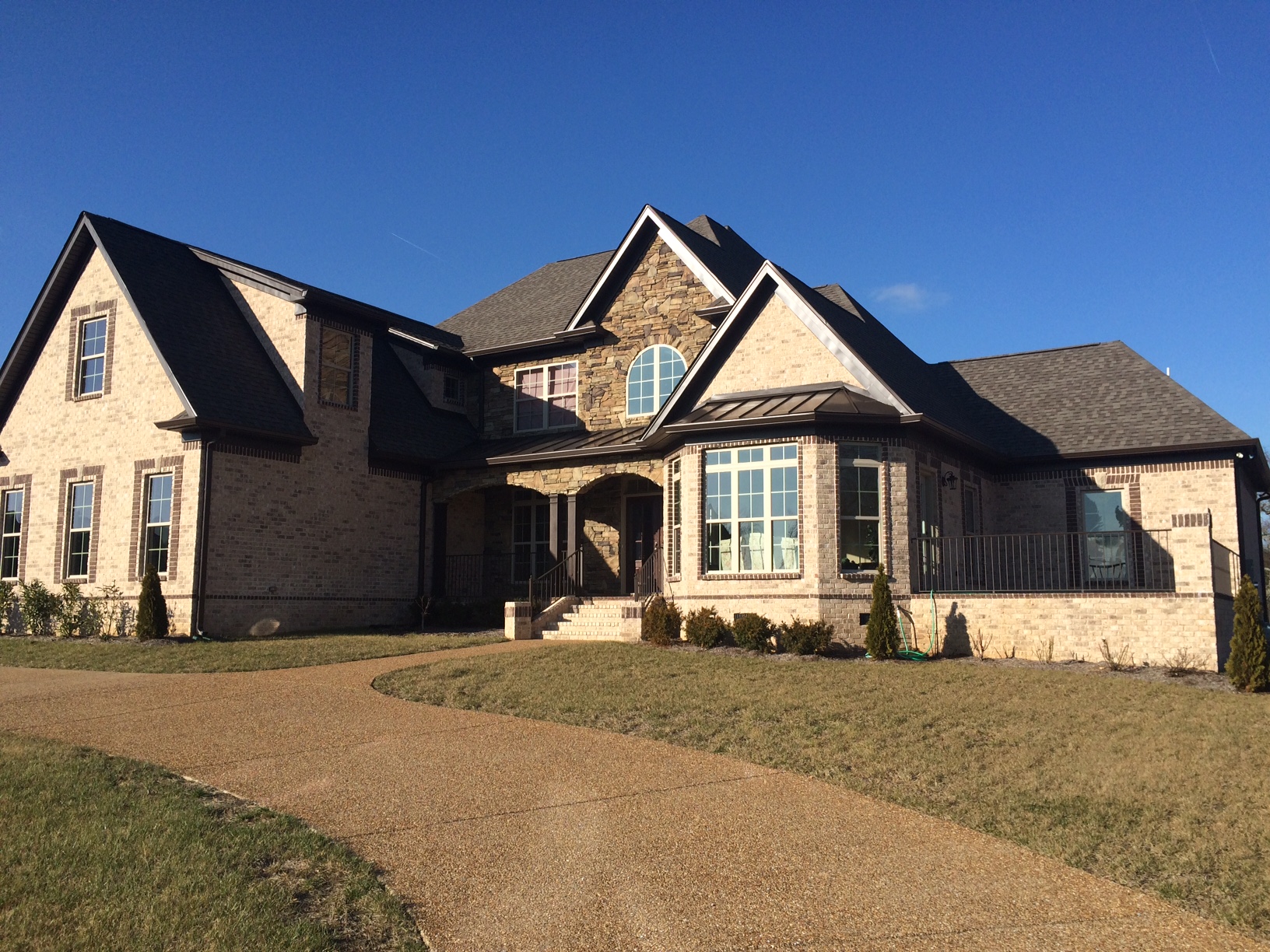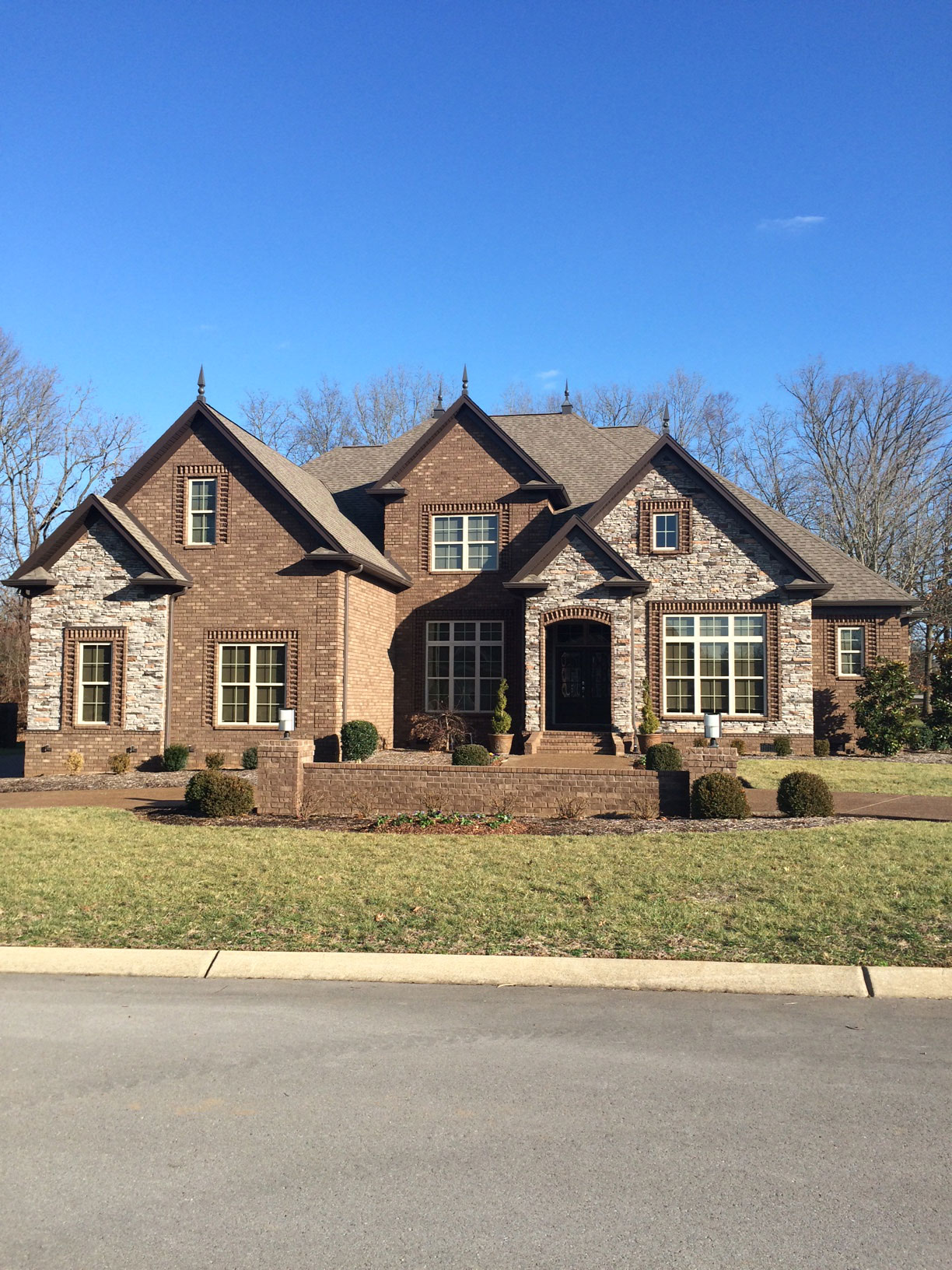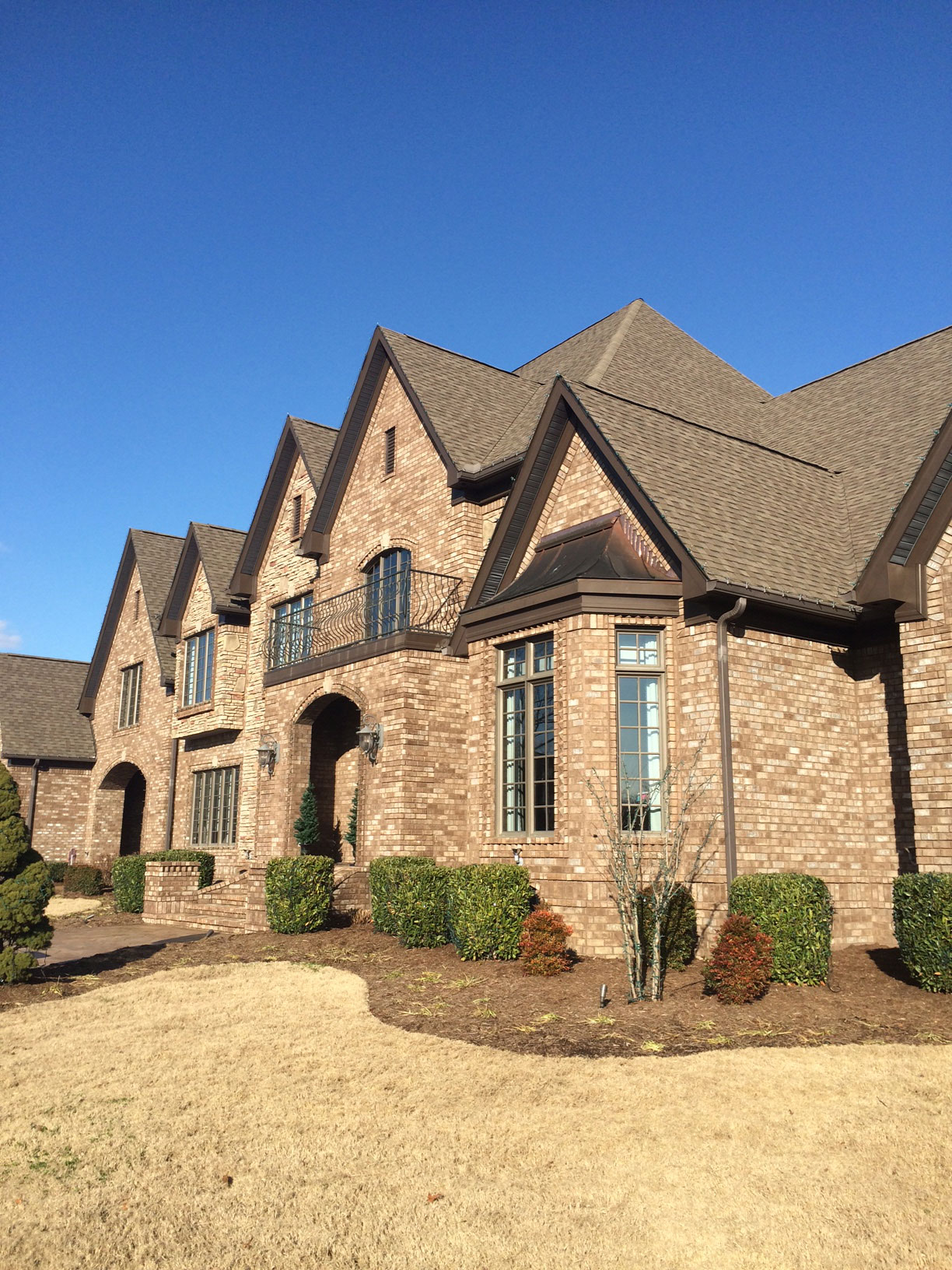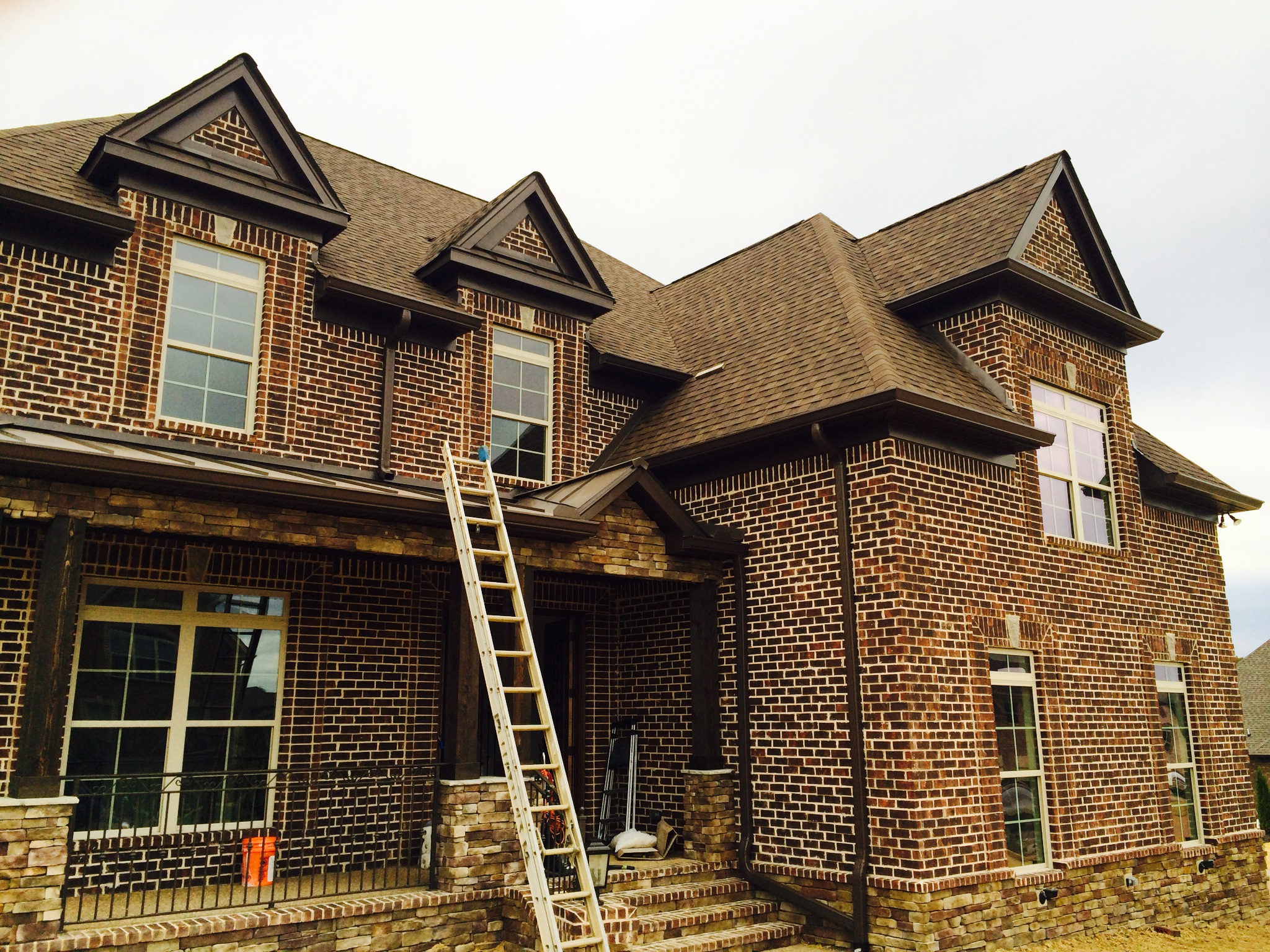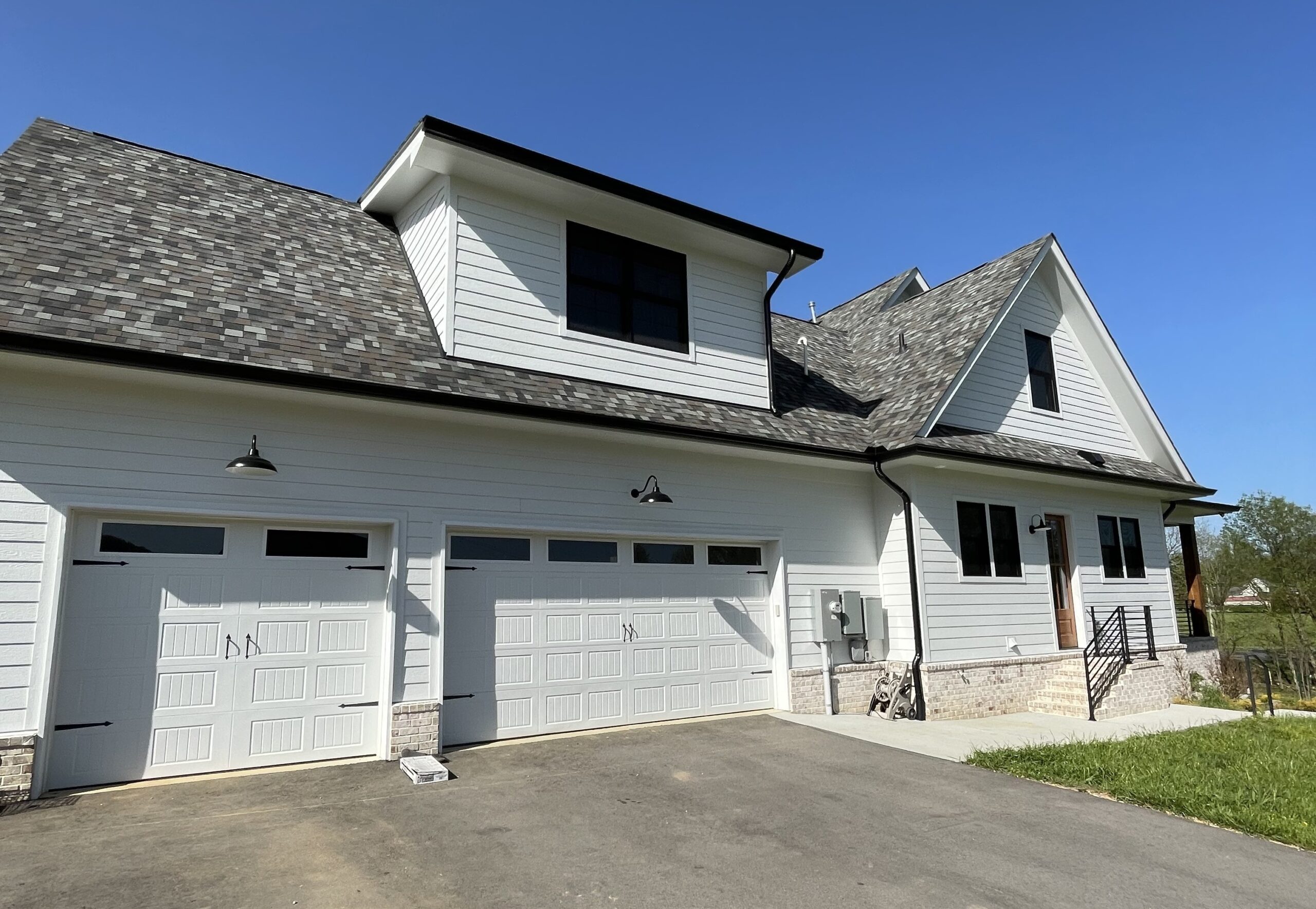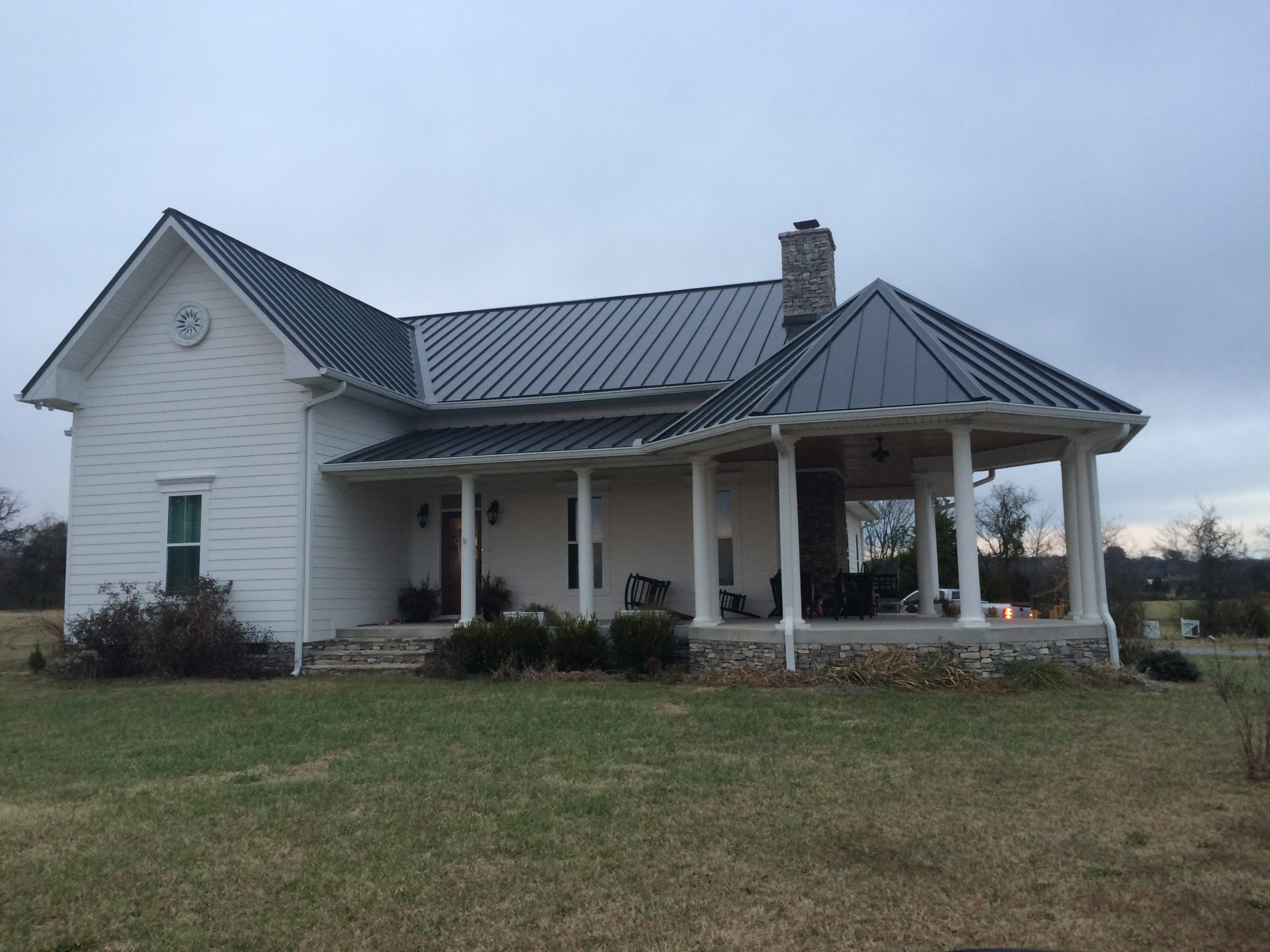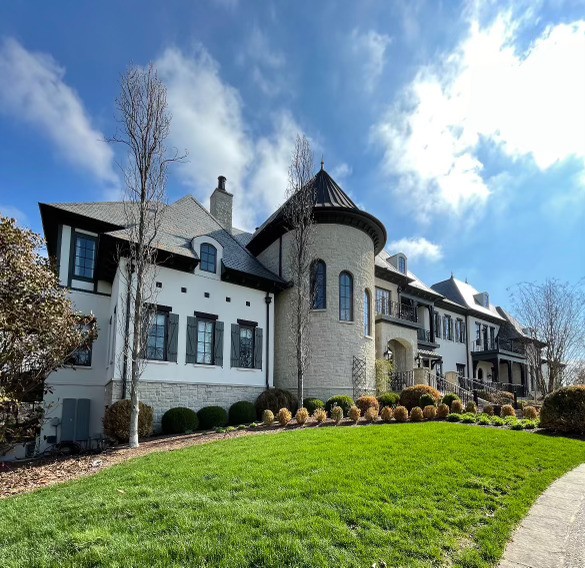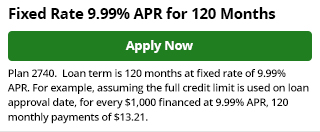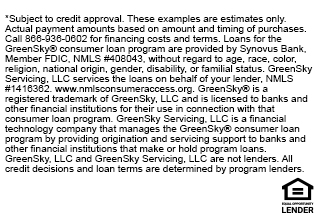Commercial Steep-Sloped Roofing Systems
What is a Sloped Roof?
One of the many commercial roof types, a sloped roof is a type of roof that has an angle of 25 or steeper. Precisely, a sloped roof consists of a pitch and a slope. The pitch is the distance between the roof peak and the roof’s edge. The slope is the angle of how steep the roof is.
The pitch and slope are also known as the rise over run. A sloped roof has a rise over run of 3:12 or greater. Because of the slope, these roofs have better drainage and less UV exposure, making them less damage-prone.
With a sloped roof, you can combine different roofing materials and varying slopes for visual interest and dimension. Typically, sloped roofs have a better curb appeal than flat roofs. Sloped roofing materials are generally more aesthetically pleasing, as angled roofs can take up as much as 40% of the building’s visible exterior.
Types of Sloped Roofs
There are two categories of sloped roofs: low-slope and steep-slope. The angle of the slope determines the usable interior volume of a building, the amount of drainage, and the roofing style and materials available.
Low-slope
A low slope has a slope of 3:12 or less. These roofs are more common for commercial buildings, as they are affordable, easy to install and maintain, and have efficient drainage.
Low-slope commercial roofs also reduce the amount of unused space between the ceiling and the roof. Furthermore, they are generally energy efficient because less heat stays trapped in the ceiling. Less trapped heat means the building is easier to cool in the summer and heat in the winter.
Sometimes low-sloped roofs are called flat roofs because the angle looks almost flat. These roofs can have PVC, EPDM, or TPO membranes.
Steep-slope
A slope of 3:12 or greater is a steep-sloped roof. These angled roofs are less common with commercial buildings and more common with residential structures.
The roofing material for steep-sloped roofs is often more expensive and impractical for large commercial buildings. The slope also makes installation more difficult and dangerous. For contractors, more safety measures must be in place, which can increase costs.
However, the steeper slope provides excellent water drainage and collects less debris after a storm or high winds. Because rain and snow run off quickly, there is less risk of damage. As a result, the roof may require less maintenance and repair compared to a flatter roof.
Materials for steep-slope commercial roofing are also lightweight and can withstand extreme temperatures.
Common covering materials include:
- Asphalt shingles
- Clay tiles
- Concrete tiles
- Metal roof systems
- Slate
- Wood shakes or wood shingles
- Vegetation for a green roof
- A variety of synthetic materials
Less Maintenance
Excellent Curb Appeal
Unmatched Water Runoff
Withstands High Winds and Extreme Temperatures
Variety of Roof Covering Materials
Lightweight Materials
Less UV Exposure
Steep-Sloped Roof Installation, Maintenance, and Replacement in Tennessee
When we install steep-sloped roofs, we take extra precautions. Our increased safety measures include staging, like toe board. This allows our contractors to maneuver the roof more easily and also so materials do not slide off the roof.
We also make sure the sloped roof has proper structural support to hold up the roofing material and keep it secure. The structure is especially important for areas like Tennessee that experience strong winds.
Once the structure is secure and safety measures are in place, we attach a sheathing made of plywood or OSB.
Next, we install asphalt, rubber, or synthetic underlayments to the roof deck. This ensures the roofing materials stay secured to the structure and provides extra protection from water and extreme weather.
Then, we install sheet metal or rubber flashing to protect joints from water.
Finally, the roof covering goes on top. Each roof covering material has its own installation steps. But no matter the material, we at Austermiller guarantee your roof looks great and protects your structure.
Steep-slope roofs do not require as much maintenance as flat roofs, but regular inspection is still recommended. We at Austermiller suggest roof inspections once or twice a year to catch potential damage and leaks before they cause a problem. The better you maintain your roof, the longer it will last.
You may replace your steep-slope roof because the shingles are old or because you want to increase the curb appeal of your commercial building.
Either way, expert contractors at Austermiller will discuss potential steep-slope roof options with you and professionally install a long-lasting roof that looks good.
Certifications and Affiliations






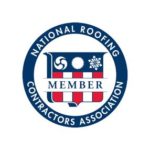











What Our Customers Say
Get In Touch
MAIN Office
9485 Lebanon Rd
Mt Juliet, TN 37122

